Business finances are messy. Scattered employee spending, manual data entry, and managing cross-border payments can bury finance teams in paperwork and complexities. Even worse, without real-time oversight, small issues like untracked expenses or unexpected exchange rate fees can snowball into massive outlays.
Payhawk solves these issues by providing spend management solutions in a unified platform that helps companies manage their spending easily.
We spoke with Saulius Žlabys, VP Payments and Country Manager at Payhawk Lithuania, about their solution, customer challenges, and future plans.
Tell us more about your company
Payhawk was founded in 2018 with a clear mission: to simplify and streamline business finance through innovative spend management solutions. We’ve grown from a small startup to a fintech unicorn serving businesses across Europe, the UK, and the US. Our focus is on providing an all-in-one financial solution that combines corporate cards, expense management, and accounts payable automation–essentially streamlining financial operations and payments under one roof.
What unique value does your company bring to the fintech industry?
First, our deep finance knowledge enables us to build solutions that address real-world challenges, not just technological possibilities. Second, our ERP integrations—built meticulously from the start—create seamless data flow between financial systems that legacy solutions simply can’t match. Third, our rapid innovation cycle allows us to consistently outpace competitors with new capabilities that solve emerging customer needs. Looking ahead, we’re evolving from spend management to comprehensive finance enablement with AI agents that automate manual financial processes.
What are the biggest challenges your clients currently face, and how do you address them?
Our clients face three critical challenges: First, the lack of real-time visibility into company-wide spending. Second, disconnected financial systems create reconciliation nightmares with receipts, transactions, and approvals scattered across platforms. Third, physical card management remains surprisingly manual in many organizations. Payhawk addresses these through a unified platform offering real-time spend visibility, AI-enabled workflows that manage the entire financial ecosystem—from transaction capturing and document processing to policy enforcement and master data management—and integrated card issuance that eliminates shared office cabinet cards.
How do you see the fintech landscape changing in the Baltic region?
The Baltic region is emerging as a European fintech powerhouse, with Lithuania, Estonia, and Latvia leveraging supportive regulations and digital-first mindsets. We’re seeing some key shifts: widespread AI adoption in financial services, the rise of embedded finance, and accelerating open banking innovation. In this regard, Payhawk is focused on collaborating with organizations like Unicorns Lithuania to share our unicorn experience while helping local companies implement advanced financial management tools.
Can you share a specific customer success story?
DECATHLON Bulgaria’s expansion from one store to twelve locations created significant expense management challenges. After implementing Payhawk, their accounting department now saves two full working days per month on expense processing. They’ve reduced emergency payment requests by equipping managers with corporate cards with preset monthly limits.
How do you ensure you stay ahead in a rapidly evolving fintech market?
Our approach to innovation is what we call ‘pragmatic innovation’—we balance breakthrough technology with practical impact for finance teams. This starts with deep customer understanding. We maintain this through quarterly hackathons where even junior developers can pitch ideas directly to our CTO. We invest heavily in AI not as a marketing gimmick but to solve genuine finance challenges.


